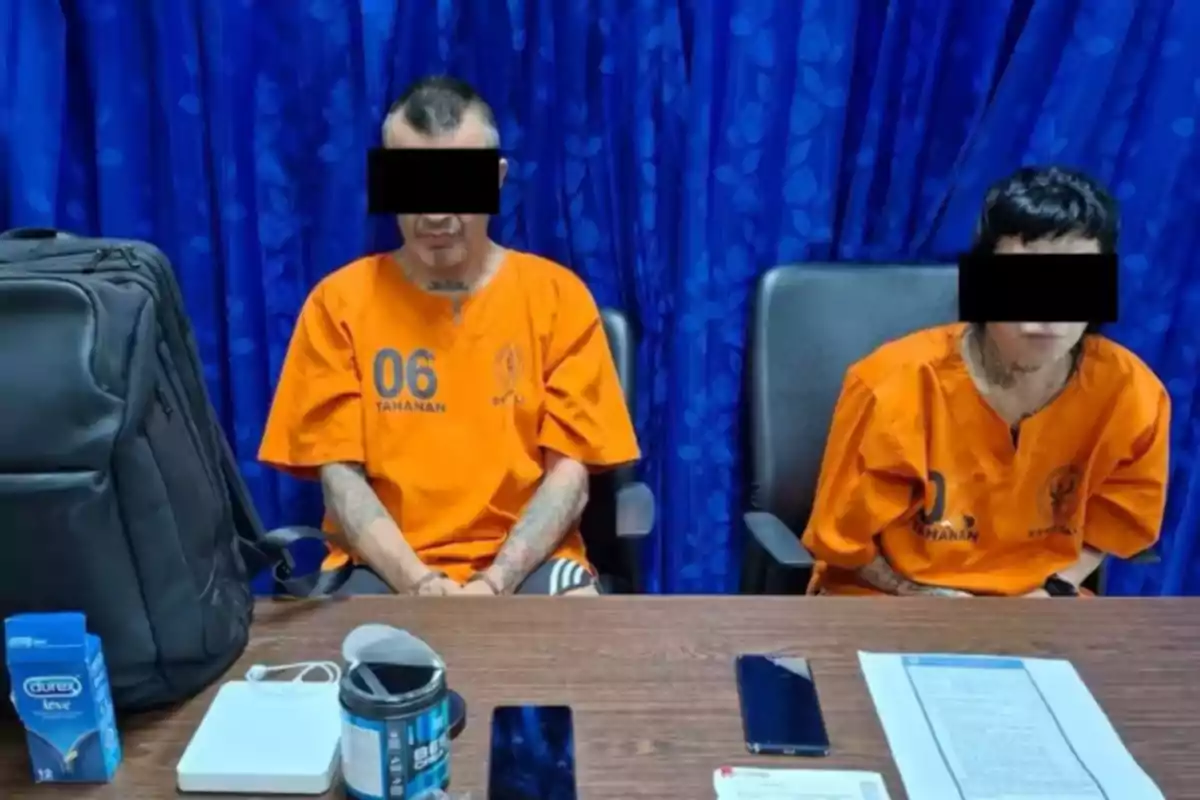
Indonesia: Argentine woman arrested with cocaine in her genitals faces death penalty
An Argentine hairdresser was detained in Indonesia for transporting cocaine in her genitals
An Argentine citizen, a 46-year-old hairdresser, was arrested at Ngurah Rai International Airport in Bali,Indonesia, after authorities detected that she was carrying 323.76 grams of cocaine. In that country, the crime of drug trafficking can be punished with the death penalty.
The woman hid the drug in her genitals and, after being interrogated, confessed to having traveled from Mexico with the intention of delivering the substance in exchange for 3,000 dollars. As a result of her statement, the Indonesian police arrested a British man suspected of being part of the distribution network. The arrest took place in a guesthouse located in the neighborhood of Kerobokan, in the Badung district.

The head of Bali's narcotics agency, Rudy Ahmad Sudrajat, stated that investigations continue to dismantle the criminal organization responsible for cocaine trafficking in the region.
The severe penalties for drug trafficking in Indonesia
Indonesia imposes harsh penalties against drug offenses. The legislation establishes sentences ranging from 5 to 20 years in prison, life imprisonment, or even execution by firing squad for those found guilty of trafficking more than five grams of cocaine.

According to the Anti-Death Penalty Asia Network (ADPAN), currently more than 300 people are on "death row" in the country, most for drug-related offenses. Although in some cases the repatriation of convicted foreigners has been allowed, the Indonesian government has made it clear that these measures do not mean the pardon of their crimes.
The most recent precedent of a South American executed in Indonesia was the Brazilian Rodrigo Gularte, who, despite pleas for clemency from his country and international organizations, was executed by firing squad in 2015 after being convicted in 2005 for attempting to smuggle drugs.
The detained Argentine remains in custody as her judicial process advances. If found guilty, she could face the maximum penalty, which would make her one of the few South Americans to receive a death sentence in the country.
More posts: